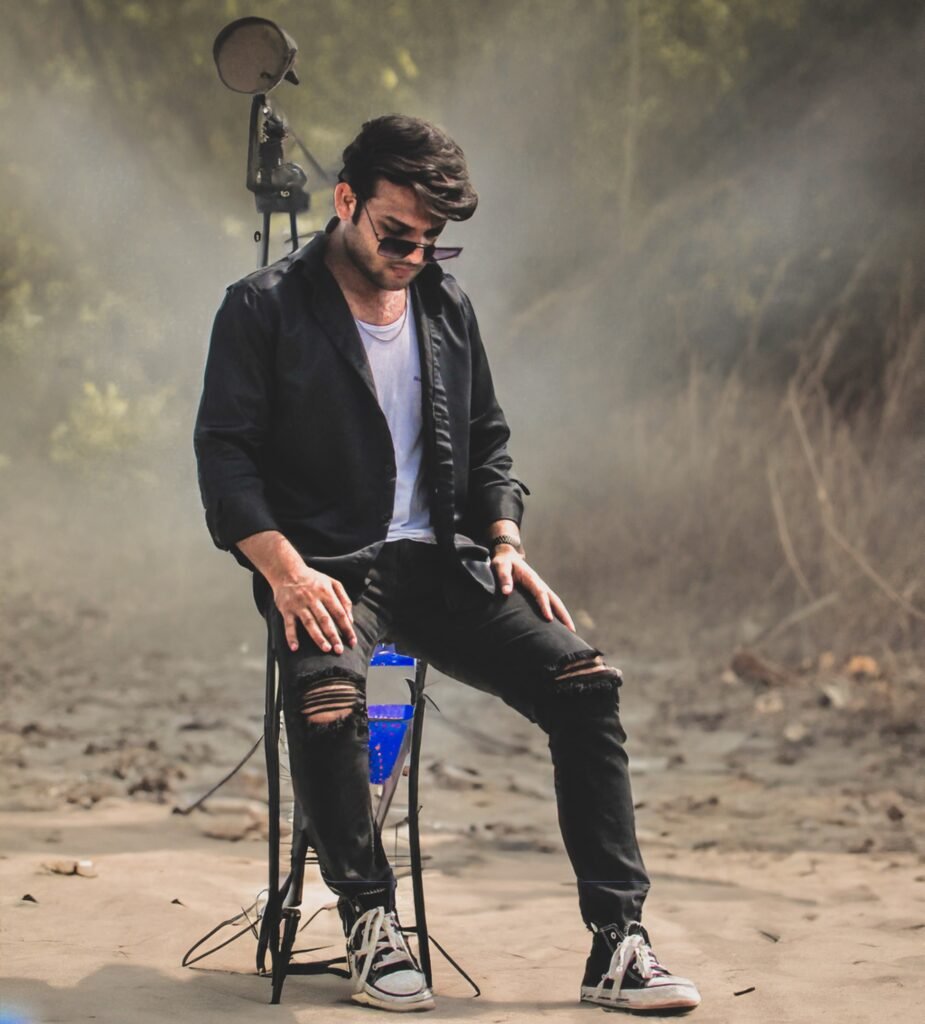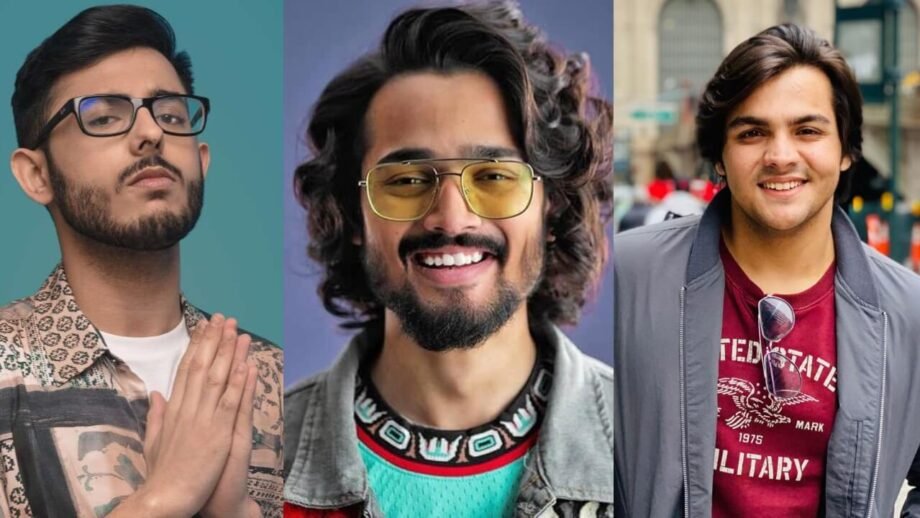With the introduction of these new guidelines, what are the revised roles and responsibilities for Social Media Influencers?
The Advertising Standards Council of India (ASCI) recently introduced updated guidelines for celebrities. It expanded the definition of celebrities to include individuals with over 500,000 social media followers.
This is in response to the astounding 800% surge in violations by influencers and celebrities on social media and advertising platforms. Despite legal obligations, many celebrities still continue to participate in ads containing misleading claims.
Manisha Kapoor, CEO and secretary general, ASCI, believes that the very definition of celebrities has changed with the advent of social media influencers. Social media creators have also developed sizable following over the years. Hence, the council updated the guidelines to bring influencers under the same ambit.
The guidelines require ‘celebrities’ to share their genuine opinions about products, backed by their own knowledge or experience of the product or service being advertised. Celebrities must also conduct due diligence to substantiate the claims made in the ads.
Kiran Ramamurthy, COO, Media Monks India, comments, “The influencer space has been largely unregulated and we have seen cases of how damaging any kind of misrepresentation can be. The financial influencer community has had cases that have raised the hackles of financial regulatory bodies.”
The revised ASCI code defines celebrities as individuals who either earn a compensation of Rs 40 lakh or equivalent value annually for appearing in ads on any medium, or have a social media following of 500,000 or more on a social media handle. This expansion goes beyond the previous criteria, which only considered individuals earning Rs 20 lakh from endorsements.
Influencers are just monetising their credibility and have little to lose. But the consumer whose trust the influencer has monetised, can pay dearly.
By Kiran Ramamurthy, COO, Media.Monks India

Ramamurthy explains that influencers are just monetising their credibility and have little to lose. But the consumer whose trust the influencer has monetised, can pay dearly.
Kalyan Kumar, CEO of KlugKlug, points out that expecting influencers to validate brand authenticity is impractical. He believes that the responsibility lies with government bodies, ASCI, regulators, FSSAI, and other approving authorities that allow brands to sell their products. He adds that influencers might not have the capability to verify product claims effectively.
With the requirement that celebrities have a social media following of 500,000 or more on a single platform, how will this condition influence the range of endorsements that fall under these new guidelines?
Kunal Kishore, co-founder and COO, ClanConnect, thinks the guidelines will have a significant impact on celebrity endorsements. The expanded scope of the guidelines could ensure that influencer content adheres to the same guidelines and accountability as endorsements by traditional celebrities.
This expansion of the definition of ‘celebrity’ will likely lead to a wider range of individuals being involved in celebrity endorsements, including influencers from various fields such as business, F&B, finance and even social media. The updated guidelines broaden the scope of ‘celebrity’ to encompass notable figures like doctors, authors, activists and educators.
“This could potentially bring a fresh perspective to advertising and create new opportunities for brands to connect with their target audience through endorsements by these non-traditional celebrities,” Divyansh Gala, group head – outreach, SoCheers, says.
The influencer community has grown significantly, especially on platforms like Instagram that boasts around 35,000 influencers with over 50,000 followers. However, this number falls to a couple of thousand only when the follower count is 500,000-plus.
“Given that a majority of brands look for influencers in the 50,000-plus follower bracket, these guidelines will still not cover almost 95% of the influencers. The impact of these guidelines will be for larger brands with deeper pockets,” says Ramamurthy.
In light of these guidelines, what will now the roles and responsibilities of Social Media Influencers?

Social Media Influencer – Arnav Kumar aka Sachin Kumar Gupta, IMG Source – IG @mr.arnavkumar
Gala from SoCheers believes that this shift is bound to increase the responsibilities of brands as well as influencers and celebrities. Celebrity product endorsements generally have an immense impact, with people often take their words at face value. Yet, this trust can be eroded if the claims in ads turn out to be deceptive or false.
He adds that with ASCI’s focus on the claims and endorsements made by celebrities, they will have a better chance to make informed choices about the products they’re associated with. Brands will have to back up their claims with verifiable evidence.
Hitarth Dadia, Partner, NOFILTR.GROUP, opines that the requirement might not bring about significant changes. “If a substantial number of people decide someone is significant, that person becomes a celebrity – it’s just another label,” he says. “This change won’t bring about a substantial difference. Many creators have already experienced the weight of fame, receiving recognition in public, similar to traditional celebrities. This development acknowledges something that has been evolving for a while,” he adds.
Agents or managers of celebrities will now be required to provide signed written confirmation to ASCI, attesting to due diligence carried out regarding the claims and representations in the ad.
The guidelines also advise against endorsement of products, treatments or remedies that are prohibited from advertising under the Drugs and Magic Remedies (Objectionable Advertisements) regulations and the Drugs and Cosmetic Act 1940, along with its associated rules.
Additionally, celebrities will be required to refrain from participating in ads for products that are legally mandated to carry health warnings such as “… is injurious to health” on their packaging or promotional materials.
Will Influencer Marketing Agencies have to spend educating creators who’ve now becoming celebrities, thanks to ASCI’s new guidelines?
Expecting influencers to validate brand authenticity is impractical
Kalyan Kumar, CEO of KlugKlug
Earlier this year, the Central Consumer Protection Authority (CCPA) also introduced regulations pertaining to influencer endorsements. The CCPA possesses the authority to levy fines of up to Rs 10 lakh on manufacturers, advertisers and endorsers. In cases of repeated violations, the penalty can increase to Rs 50 lakh.
The CCPA also has the power to restrict endorsers of deceptive ads from endorsing any product for a duration of one year for initial violations and up to three years for subsequent breaches.
According to ASCI, a specific guideline for celebrities mandates that ads featuring them should adhere to it code. Celebrities are also expected to understand and embody the essence of the code.
The guidelines emphasise that celebrities are responsible for conducting due diligence to ensure that the claims made in the ads can be objectively verified and substantiated. In cases where required, celebrities must present evidence of this due diligence.
Want to share/ publish your article ? Write us an Email on info@gnicofficial.com / mr.arnavkumar.insta@gmail.com

